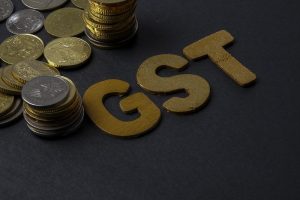
The GST Council is likely to consider a proposal to give relief to sectors such as textiles, fertilizers, leather, etc. that face difficulty due to the Inverted Duty Structure (IDS).
IDS refers to higher duty on input and lower duty on output. Because of this inversion, the producer of such a good applies for a refund. However, getting a refund is not easy because of various reasons, such as calculation. Also, there have been litigations. At the same time, the affected industries face challenges of accumulating input tax credit (ITC), which becomes a cash flow burden for businesses as they are unable to utilize the credit effectively.
The issue of IDS is also before the Group of Ministers (GoM), under the convenorship of Uttar Pradesh’s Finance Minister Suresh Kumar Khanna, looking into rate rationalisation. Though the group has yet to give its final report, it gave an interim report in June 2022 suggesting measures for removing IDS in some sectors. In the interim report, it was said that due to the non- availability of a refund of accumulated ITC on services and capital goods in the case of IDS, such accumulation increased the cost of the supply and the cost of entire chain supply went up, which made Indian manufacturers and suppliers uncompetitive, in relation to imports of goods & services.
It also made Indian goods uncompetitive in the international export market. ITC blockage also worked as an incentive to evade taxes. If the inversion is corrected, domestic manufacturer would be able to utilize the credit of tax paid on the inputs and no burden will be passed on to the consumer and it will benefit the manufacturers too, the Committee said. Though, the Committee has not given its recommendations on utensils, tractors, some agricultural implements, fertilizers, consumer sensitive items, but it is expected some clarity would be given especially for refund.
Source: The Hindu Business Line


